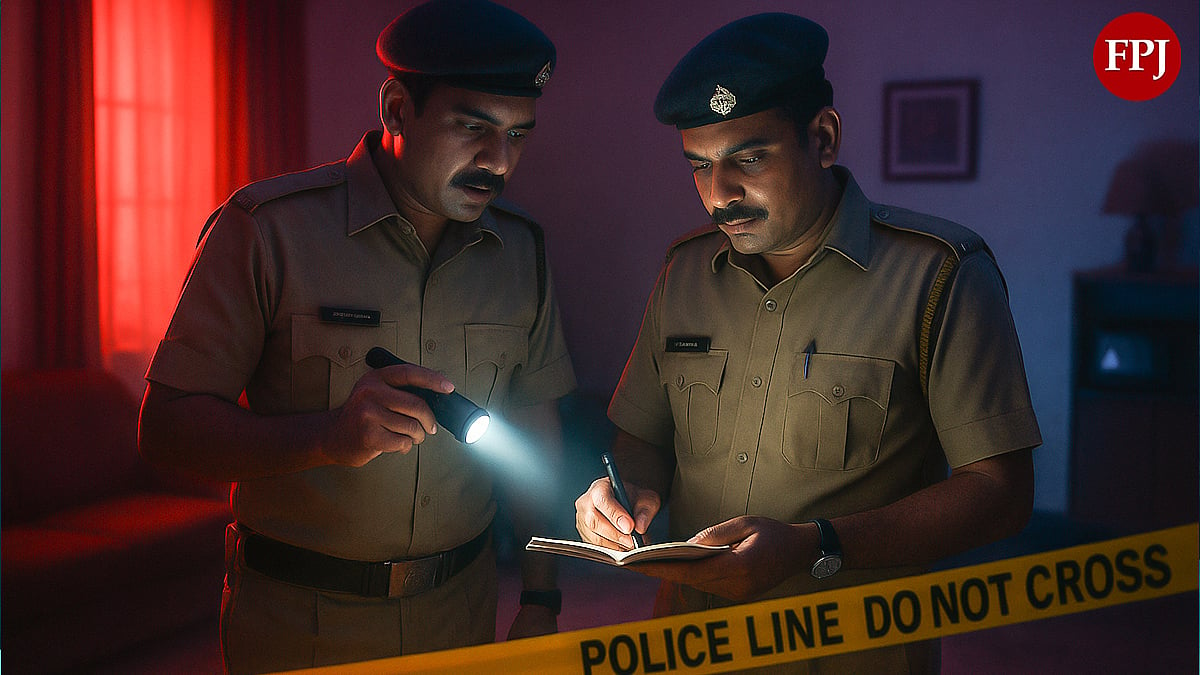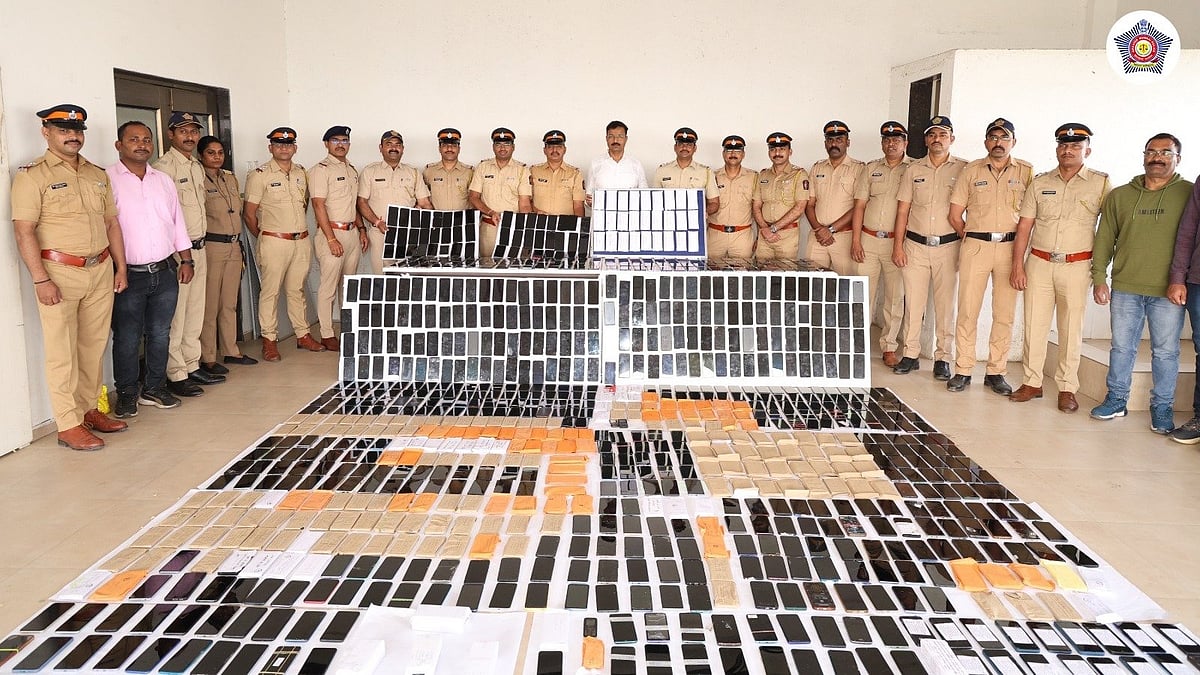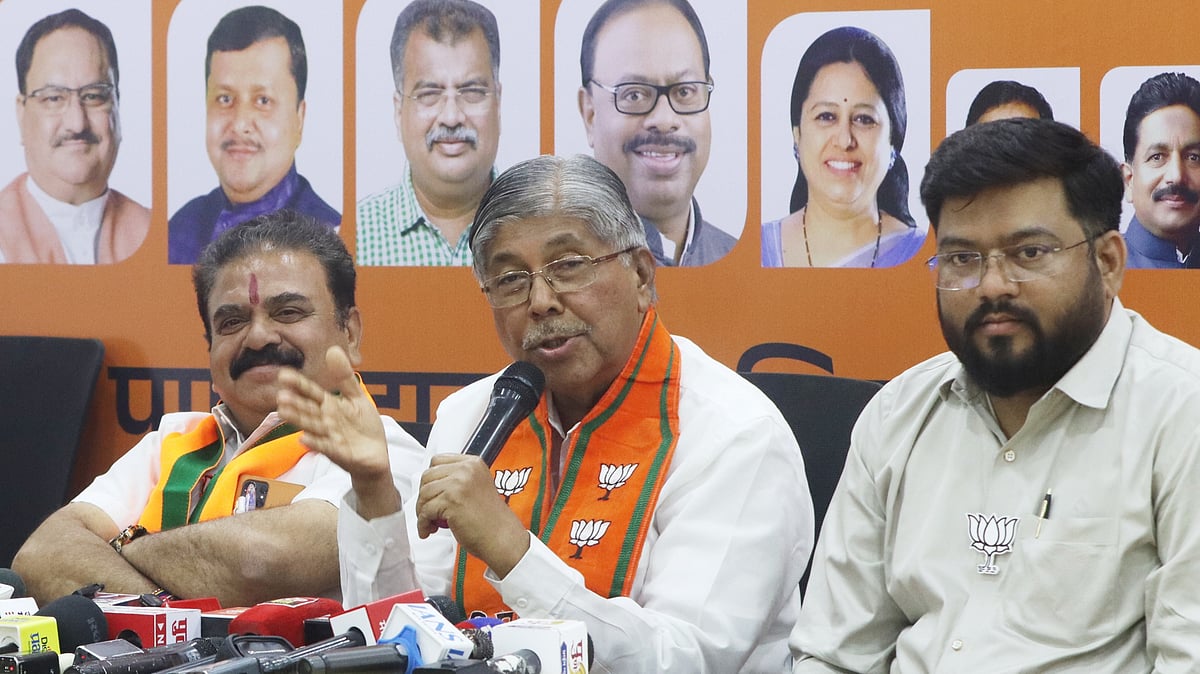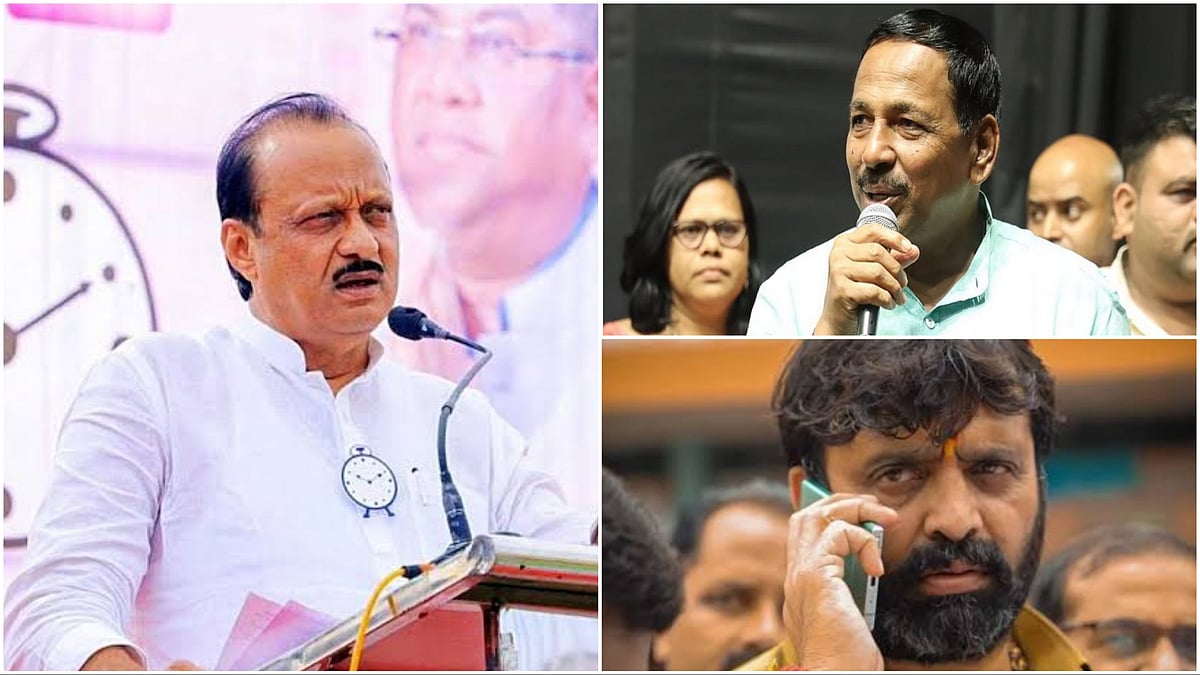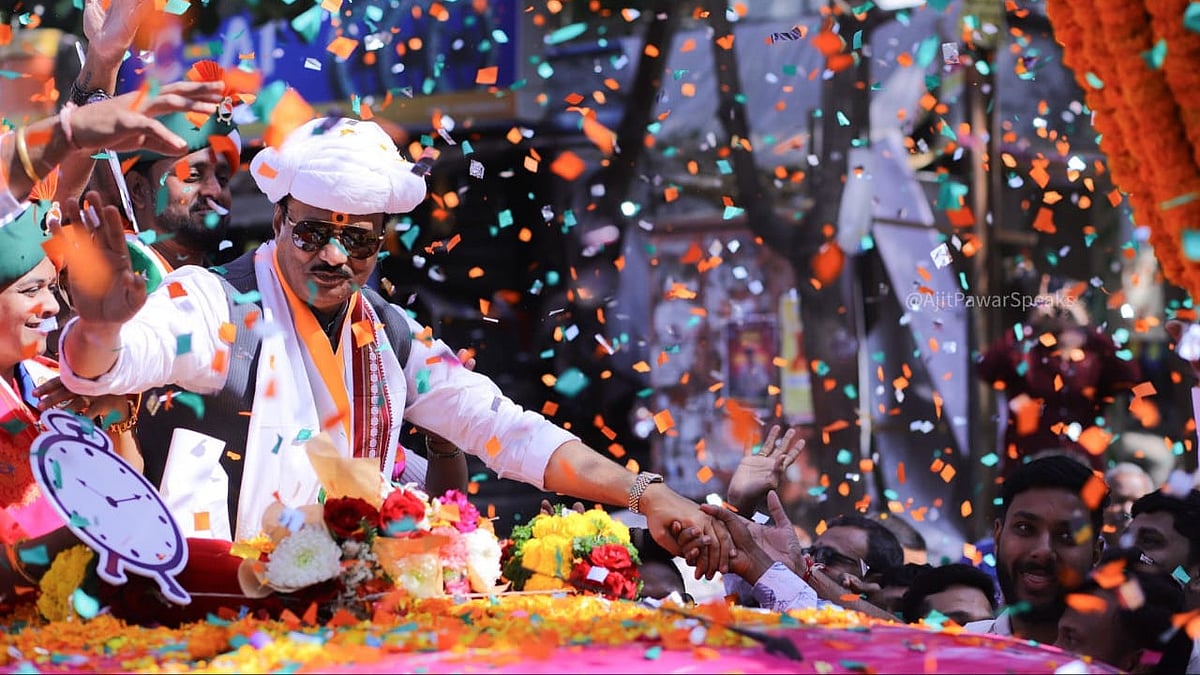The recent judgement on same-sex marriage, in which the Supreme Court seems to have tied itself up in knots, will possibly lead more men and women to opt for gender reassignment surgery, even if they are gender non-binary and do not ‘suffer’ from gender dysphoria, earlier known as gender identity crisis. This, after all, is now the only legitimate route by which we can marry our partners. As sexual orientation is supposed to exist on a spectrum and is fluid rather than fixed, we may still be able to successfully balance the emotional with the erotic. A case in point is that of Rituparna, a queer feminist interviewed in Nandini Krishnan’s book 'Invisible Men', who says that though she is lesbian by sexual orientation, she is in a committed (marriage-like) relationship with a transman.
Actually, if one understands queer theorist Judith Butler’s theory of performativity correctly, gender identity and sexual orientation exist on a continuum. Our biological sex, assigned to us at birth, expresses itself through gender, which is cultural and social, and then sex and gender express themselves through desire, which must compulsorily be heterosexual desire. The break in the pattern can exist at any of the three stages of sex, gender, and desire. This is how we become part of a community, irrespective of whether we are intersex, gay, lesbian, or transgender.
Of course, as far as mainstream Indian society is concerned, a transsexual marriage, triggered by a loophole in the law, will only reinforce stereotypes. In the case of lesbians, the woman who transitions will be seen as 'butch' and her partner as 'femme'. In the case of male homosexuals, the transitioned partner will be seen as the passive 'koti', and the un-transitioned partner as the active 'panthi'. The conservative mainstream will be ill-equipped to make sense of the de-stereotyping proposed by queer theorist Eve Sedgwick when she argues that, in truth, “Women who love women must be seen as more female than those whose desire crosses boundaries of gender.” The theoretical imperative of this, according to Sedgwick, is feminism in the case of women and male supremacy and patriarchy in the case of men.
Yet another stereotype that the Supreme Court judgement is bound to reinforce is that of queer promiscuity. On the one hand, we are told that, especially as gay men, we are incapable of sustained and committed relationships, we are polyamorous with multiple sex partners and are responsible for the spread of infections like HIV and AIDS. What matters to us, we are often told, is lust and not love. But on the other hand, we are denied the right to have committed romantic and sexual relationships that have the backing of the law. This is patently unfair.
While the Supreme Court judgement permits a trans woman to marry a cisman or transman and a transman to marry a transwoman or ciswoman, it is silent on the aspect of reproduction. It is well-known that to conservative Indian society, regardless of the religion that people practice, even a heterosexual marriage is flawed and unconsummated if it isn’t followed by the biological birth of a child within a stipulated period of time. I am not sure if science has progressed to the extent that it is possible for a transwoman to conceive or a transman to impregnate a ciswoman. However, in the past, this was clearly unthinkable. In the late 1980s, Farah Rustom, one of India’s first transwomen, was shocked when she was told that she wouldn’t be able to have a baby, as her sex change operation did not include the planting of a womb in her body. Likewise, in the early 2000s, Time magazine ran a cover story about an American man becoming pregnant. But the man in question was actually a transman whose womb had been left intact even after surgery, making it possible for them to conceive and get pregnant. In effect, the judgement brings a rift in the LGBTQIA+ community, as it is a victory for one half of the community and a defeat for the other.
While the judgement is to be lauded for speaking out in no uncertain terms against conversion therapies, as well as against police brutality suffered by LGBTQIA+ people, these are merely in the nature of advisories and do not spell out the punishment that must be meted out to offenders. There are enough parents who will still take their queer kids to quacks who give them painful electric shocks in a bid to ‘cure’ them. There are enough policemen who will continue to blackmail and gay-bash homosexuals to extort money from us. Although the learned judges know better, the judgement, insofar as it regards all forms of cross-gender marriage as legal, is likely to give a boost to the heterosexist idea that desire can only be cross-sex, and that those who claim that they are attracted to people of their own sex are unnatural and perverse. This may even be contradictory to the well-intentioned idea of banning conversion therapies. Even distinguished men, like yoga guru Baba Ramdev, can be accused of endorsing conversion therapy. For example, when Baba Ramdev tells gay Chinese-Australian author Benjamin Law that he can cure homosexuality with a form of yoga known as pranayama (as revealed in Benjamin Law’s book 'Gaysia'), isn’t he resorting to conversion therapy?
As far as the courts are concerned, these four to five-year ups and downs in their judgements that impact our lives can be quite stressful. Section 377 of the Indian Penal Code was read down by the Delhi High Court in 2009. It was reinstated in December 2013. It was again read down in September 2018. And now, in October 2023, we have been denied the right to marry our partners or even have civil unions with them. Will the next milestone be in the year 2027 or 2028?
Prime Minister Narendra Modi is fond of deadlines. He says India will have its own space station by 2035. We will put a man on the moon by 2040. And we will be the fifth (or is it third?) largest economy in the world by 2047. When can we expect our leaders to tell us that by such and such year, same-sex marriage will become a reality in India?
(The writer is an author and the former head of the English department at Savitribai Phule Pune University)


